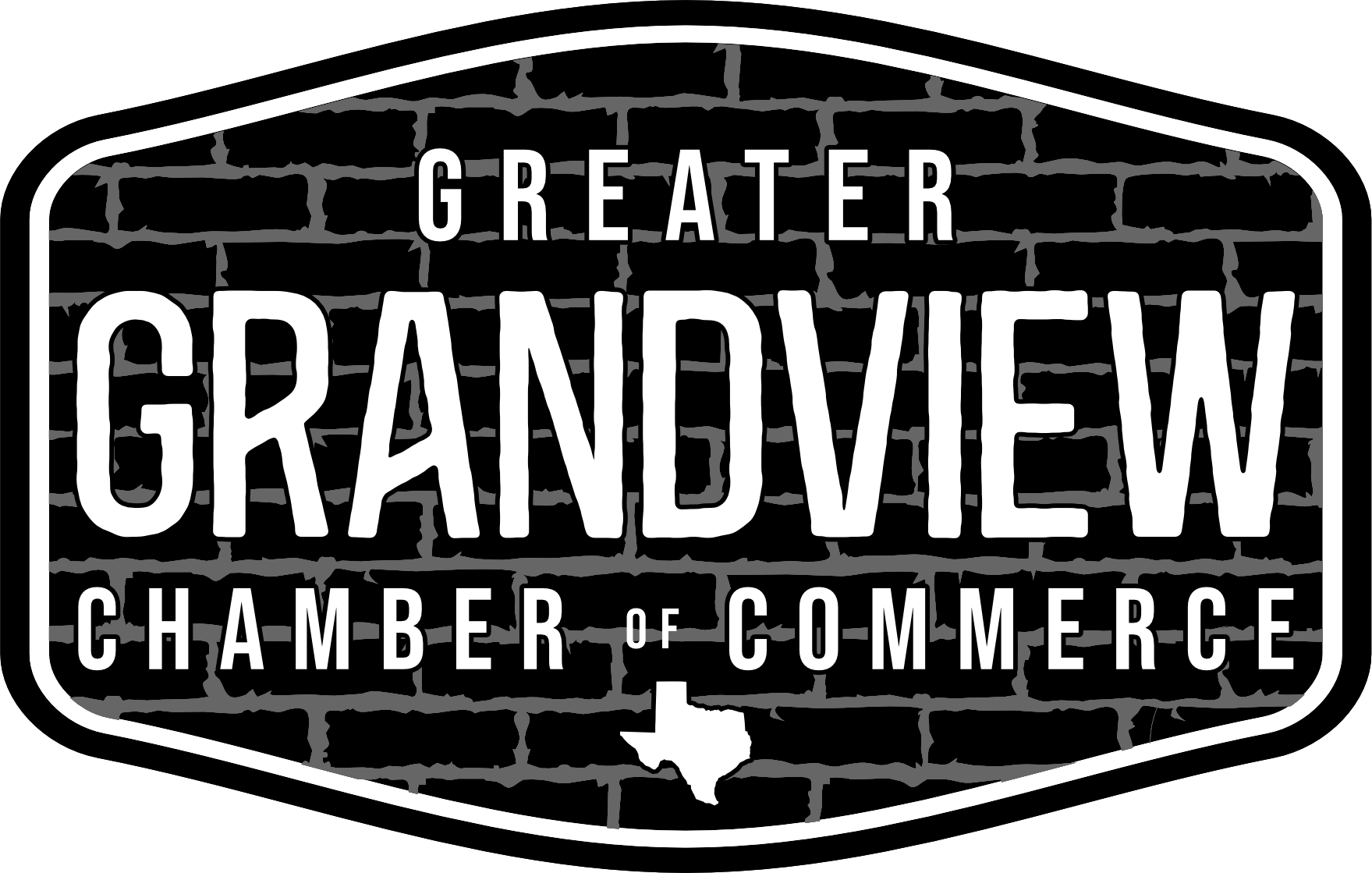7 Common Mistakes New Small Business Owners Make (and How to Dodge Them)
Starting a small business is like juggling on a windy day—you’re holding hope, vision, and maybe a few unpaid invoices. Grandview entrepreneurs, whether opening a bakery, landscaping firm, or tech shop, share one truth: success is less about luck and more about avoiding common pitfalls early.
TL;DR
New business owners often:
-
Skip budgeting and cash flow planning
-
Neglect contracts and digital processes
-
Overextend marketing efforts
-
Undervalue pricing or time
-
Ignore networking or mentorship
Avoiding these mistakes means planning, automating, and staying consistent.
Mistake #1: Thinking “Profit” Equals “Cash Flow”
Cash flow keeps the lights on—profit just looks good on paper. A profitable month can still mean an empty account if payments lag or expenses spike.
How to fix it:
Use a free budgeting tool like Wave Accounting. Review inflows/outflows weekly.
Mistake #2: Paper-Based Contracts (and Slow Approvals)
Many new owners underestimate how much time gets lost chasing signatures or scanning contracts. Manual workflows drain efficiency and create risk.
If you’re still printing PDFs, there’s a better way—here’s a solution that lets you send, sign, and track documents electronically.
Digital signatures not only save hours but also signal professionalism and protect you from costly errors.
FAQ Corner
Q: Should I form an LLC right away?
A: Usually yes—it protects your personal assets; check local laws.
Q: How much should I set aside for taxes?
A: Roughly 25–30% of profits. Tools like Bench Tax Calculator can help estimate.
Q: What’s one underrated business investment?
A: A good accountant. Their advice often pays for itself.
Mistake #3: Doing Everything Yourself
You’re the founder, not the entire payroll. Wearing every hat leads to burnout.
Try this: Delegate small tasks through Upwork or explore virtual assistant options on Fiverr.
Free your time for growth and customer relationships.
Avoiding Early Business Burnout
Register your business structure (LLC/Sole Proprietorship).
Open a separate business bank account.
Automate invoicing and payments.
Set recurring marketing reviews.
Track key metrics monthly (sales, leads, expenses).
Build an emergency fund for at least 3 months of expenses.
Schedule downtime—burnout costs more than rest.
Mistake #4: Marketing Without a Strategy
Throwing ads on Facebook without a clear message wastes money.
|
Error |
Result |
Fix |
|
No defined audience |
Low engagement |
Create a customer persona |
|
Inconsistent branding |
Lost trust |
Use a consistent color/logo style guide |
|
No call-to-action |
Missed leads |
Use specific next steps (“Book Now”, “Join Free”) |
Helpful tools: Mailchimp, HubSpot CRM, and Buffer for social scheduling.
Mistake #5: Pricing for Survival Instead of Sustainability
Underpricing feels competitive, but it trains customers to undervalue your time.
Do a competitor scan via Google Business Profiles and build prices that reflect skill, not fear.
Mistake #6: Skipping the Networking Table
Local chambers, like the Greater Grandview Chamber of Commerce, exist for a reason. Referrals, partnerships, and real feedback live there. Attend monthly mixers, share your story, and build relationships before you need them.
Product Spotlight
Trello – A simple, visual project management tool. Perfect for tracking inventory, scheduling social posts, or mapping customer pipelines. Its free tier is powerful enough for most small businesses starting out.
Mistake #7: Ignoring Legal and Insurance Basics
It’s not exciting—but neither is being sued. Consult a local small business attorney or explore coverage at Next Insurance.
How-To: Build a “Launch Clarity Board”
Write on one whiteboard (or digital board like Miro):
-
Mission statement in one sentence
-
3 key revenue goals
-
3 biggest risks
-
3 top customer pain points
-
3 success measures for 6 months
Review weekly. This simple ritual keeps chaos out and clarity in.
Building a business is hard—but most failure points are predictable.
By planning your finances, automating admin work, using digital tools wisely, and leaning into local networks like the Greater Grandview Chamber of Commerce, you’ll sidestep the rookie traps and build something that lasts.
This Hot Deal is promoted by Greater Grandview Chamber of Commerce.

